Dubai, known for its futuristic skyline, luxury lifestyle, and business-friendly environment, places a significant emphasis on safety and security. The city has put in place a comprehensive set of rules and regulations aimed at ensuring the well-being of residents, visitors, and businesses. These regulations cover a wide range of areas, from traffic laws to emergency response protocols, public health, and more. Here’s an overview of the key safety rules that contribute to making Dubai one of the safest cities in the world.
1. Traffic and Road Safety
Dubai has a modern road infrastructure and strict traffic laws to ensure the safety of its residents and visitors:
- Speed Limits: The speed limits in Dubai are strictly enforced, and the general speed limit on highways is 100 km/h, while residential areas have lower speed limits (typically 60-80 km/h). Speed cameras are placed throughout the city to monitor and fine violators.
- Seat Belts: It is mandatory for both drivers and passengers to wear seat belts, regardless of where they are sitting in the vehicle. Failure to do so can result in hefty fines and penalties.
- Drunk Driving: Dubai has a zero-tolerance policy for driving under the influence of alcohol or drugs. The legal blood alcohol limit is zero, and violators face severe consequences, including heavy fines, jail time, and even deportation.
- Traffic Signals: Red lights and stop signs must be adhered to at all times. Running a red light carries serious penalties, including fines, points on the driver’s license, and the possibility of vehicle impoundment.
- Pedestrian Safety: Dubai has designated pedestrian crossings, and drivers must yield to pedestrians at these crossings. Fines are imposed on those who fail to do so.
2. Public Health and Hygiene Safety
The UAE government, including the Dubai Health Authority (DHA), has enacted several regulations to ensure public health and hygiene:
- COVID-19 Measures: During the COVID-19 pandemic, Dubai implemented strict health protocols, including mandatory wearing of face masks in public places, social distancing measures, and regular sanitation in public spaces. These measures are updated based on the evolving situation.
- Health Insurance: Health insurance is mandatory for all residents in Dubai. Employers are required to provide health insurance coverage for their employees. It ensures that all individuals have access to essential health services.
- Food Safety: Dubai’s Food Control Department enforces strict hygiene standards for restaurants, hotels, and food establishments. Regular inspections are carried out to ensure that food outlets comply with cleanliness, storage, and food safety standards.
- Public Cleanliness: Littering is heavily fined in Dubai. Waste bins are provided throughout the city, and it is illegal to dispose of trash in public spaces. The government encourages recycling and has introduced programs to promote environmental sustainability.
3. Building and Fire Safety
Dubai’s rapid urbanization has led to the creation of some of the tallest and most advanced buildings in the world. Ensuring the safety of these structures is of utmost importance:
- Building Codes: All buildings in Dubai must adhere to strict safety codes, which include standards for fire prevention, structural integrity, and electrical wiring. These codes ensure that buildings are safe for both residents and visitors.
- Fire Safety: Fire drills are mandatory in high-rise buildings, and fire safety equipment, including extinguishers, sprinklers, and alarms, must be installed and regularly maintained. Residential buildings, hotels, and office spaces undergo periodic inspections by the Dubai Civil Defence to ensure compliance.
- Emergency Evacuation Plans: Public buildings and businesses are required to have emergency evacuation plans in place, and employees and residents are encouraged to familiarize themselves with these plans.
4. Public Safety and Emergency Response
Dubai has a robust system in place to ensure quick emergency responses, whether it’s a medical, fire, or security-related situation:
- Emergency Numbers: The emergency number in Dubai is 999 for police, 998 for fire, and 997 for medical emergencies. These services are available 24/7 and respond quickly to all emergency calls.
- Dubai Police: Dubai Police is one of the most technologically advanced law enforcement agencies in the world, using advanced surveillance systems, drones, and real-time monitoring to ensure public safety. The police force is highly visible, and officers are trained to handle various emergency situations.
- Safety in Public Spaces: The city is equipped with a vast network of surveillance cameras, ensuring that public spaces, shopping malls, airports, and transport hubs are monitored for safety. This has been a significant factor in reducing crime rates in Dubai.
- Disaster Preparedness: Dubai regularly conducts drills and preparedness activities to ensure that first responders are ready in case of a natural disaster or large-scale emergency.
5. Cybersecurity and Data Protection
As Dubai continues to grow as a global business and technology hub, cybersecurity is an essential aspect of its safety regulations:
- Cyber Laws: Dubai has strict regulations surrounding online activities to ensure the safety of individuals and businesses in the digital space. Laws protect against cybercrime, fraud, and data breaches, with penalties for violations ranging from fines to imprisonment.
- Personal Data Protection: The UAE introduced the Federal Law No. 2 of 2019 concerning data protection to ensure that personal information is handled safely and ethically by organizations. Companies are required to adhere to data security measures, with penalties for failing to do so.
6. Social and Cultural Safety Rules
Respect for local traditions and culture is essential for maintaining personal safety in Dubai. The city’s rules regarding behavior ensure that the public remains harmonious and respectful:
- Public Behavior: Public displays of affection, such as kissing or hugging, are considered inappropriate and may result in fines or arrest. It is important to dress modestly in public, especially in religious or cultural sites, as well as in traditional areas.
- Alcohol Consumption: Alcohol can only be consumed in licensed venues, such as hotels, bars, and private clubs. It is illegal to drink alcohol in public spaces or to be intoxicated in public. Violators may face heavy fines or jail time.
- Drug Laws: Dubai has a zero-tolerance policy toward illegal drugs. Possession, consumption, and trafficking of drugs are heavily penalized. Travelers should be aware that even traces of drugs in the system can lead to serious legal consequences.
7. Safety for Tourists
Dubai is one of the most visited cities in the world, and ensuring the safety of tourists is a priority:
- Tourist Protection Laws: Dubai offers a secure and welcoming environment for tourists. The Dubai Tourism Department works closely with local law enforcement to ensure that tourists are safe and protected during their stay.
- Tourist Police: A specialized tourist police force is dedicated to assisting and protecting tourists, providing them with support in multiple languages and helping to resolve any issues that arise.
Conclusion
Dubai’s comprehensive safety rules and regulations ensure that residents, visitors, and businesses can thrive in a secure and well-organized environment. With strict traffic laws, health regulations, building codes, and public safety protocols, the city maintains its reputation as one of the safest places to live and work in the world. By adhering to these rules, everyone can contribute to keeping Dubai a safe and harmonious place for all.


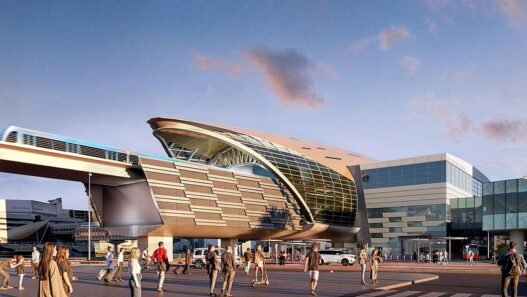
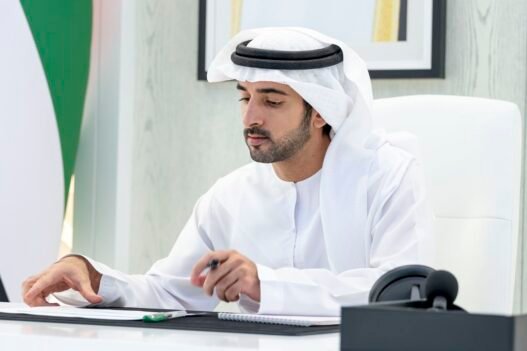




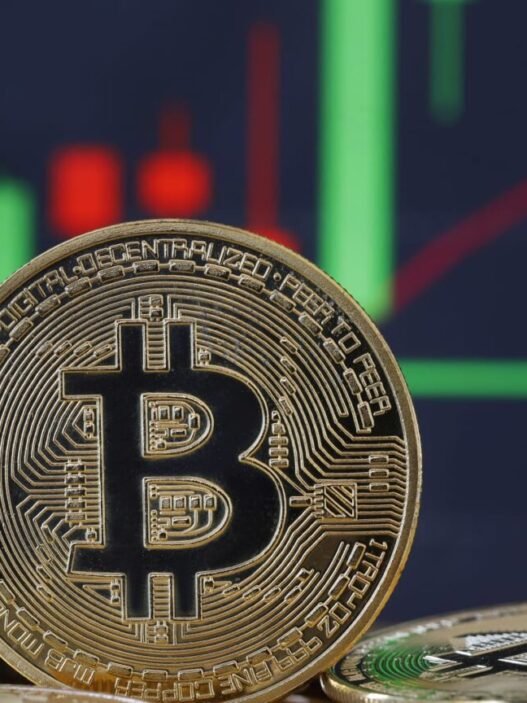
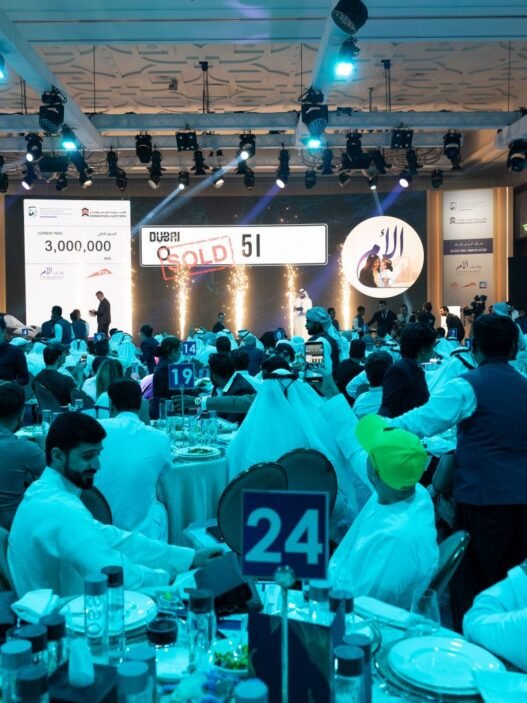
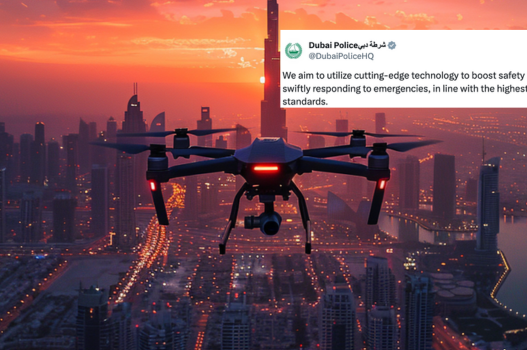




Your insights in this post are spot on. I can\’t wait to see what you write next!
Thank you! I\’m thrilled that you found the post valuable. Your support means a lot.
This post is a game-changer. I\’ve learned so much from it – thank you!